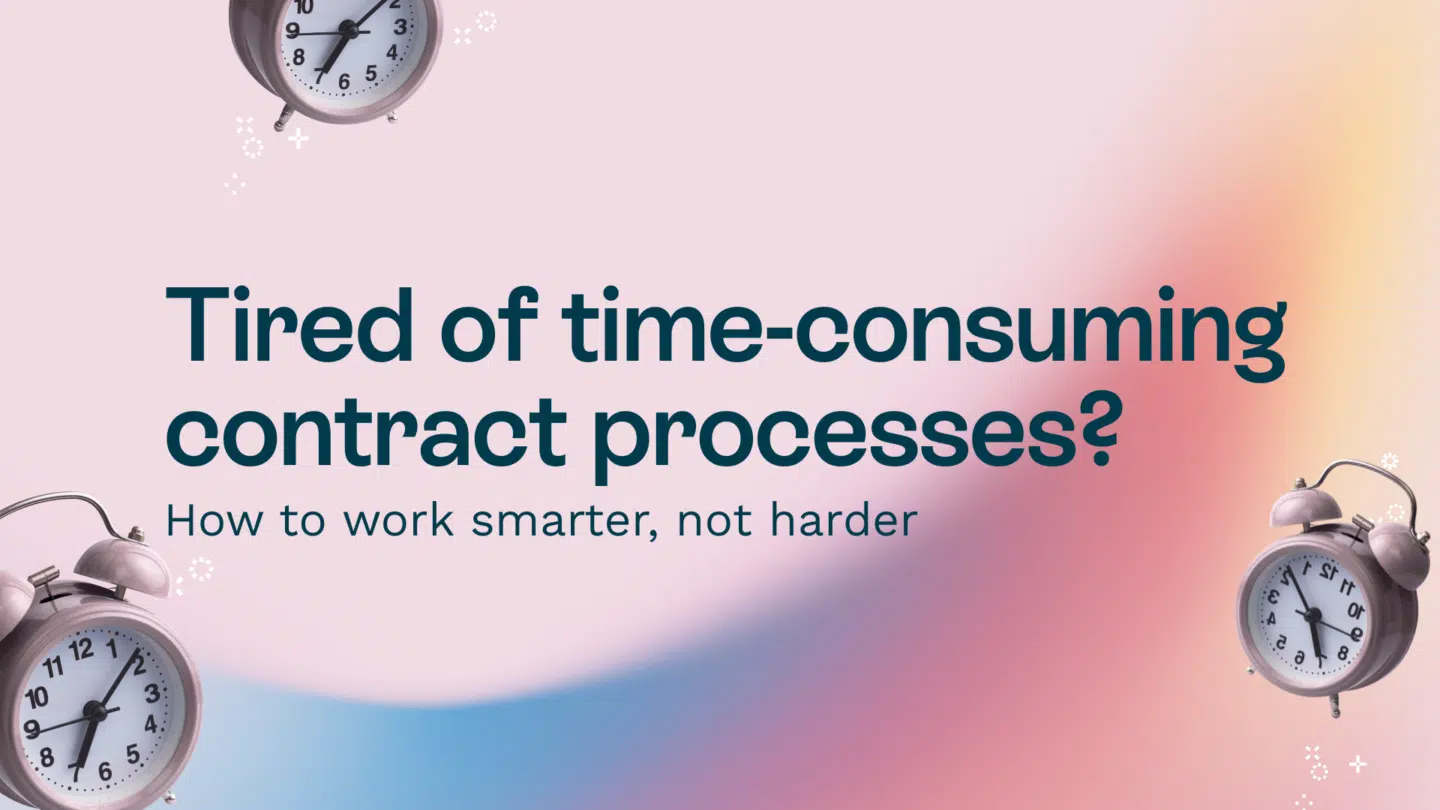Sales objections are a natural part of any business interaction. When a customer raises a concern or expresses hesitations, it is not necessarily a signal that they are uninterested or unwilling to make a purchase. In fact, objections can be viewed as opportunities to further demonstrate the value of your product or service. In this article, we will explore effective ways to respond to sales objections and turn them into sales opportunities.
What is a sales objection?
Before diving into strategies for responding to objections, it is crucial to understand the nature of sales objections. Sales objections can be seen as barriers that need to be overcome. By gaining insights into the psychology behind objections, you can better equip yourself to address them successfully.
When customers raise objections, it often stems from various factors such as fear, uncertainty, or skepticism. It is crucial to approach objections with empathy and to view them as genuine concerns rather than barriers. Empathizing with customers allows you to establish a foundation of trust and credibility, which is essential for effective objection handling.
Understanding the psychology behind sales objections can provide valuable insights into customer behavior. Fear is a common emotion that drives objections. Customers may fear making the wrong decision, wasting their money, or experiencing buyer’s remorse. By acknowledging and addressing these fears, you can help alleviate concerns and build confidence in your product or service.
Uncertainty is another factor that often leads to objections. Customers may be uncertain about the value or benefits of your offering, unsure if it will meet their specific needs, or doubtful about its long-term effectiveness. By providing clear and compelling information, testimonials, or case studies, you can help alleviate uncertainty and demonstrate the value of your product or service.
Skepticism is also a common driver of objections. Customers may be skeptical about the claims made by salespeople, the effectiveness of the product, or the credibility of the company. By being transparent, providing evidence, and addressing any doubts or misconceptions, you can build trust and credibility, overcoming skepticism and objections.
Read also: Speed up your sales process with truly digital contracts

Common types of sales objections
Sales objections can take many forms, but some common objections include pricing concerns, skepticism about product effectiveness, and concerns about compatibility or fit. By familiarizing yourself with the various objection types, you can tailor your response strategy to address specific customer concerns.
Pricing concerns are a frequent objection raised by customers. They may feel that the price is too high or that they can find a similar product at a lower cost elsewhere. To address this objection, it is important to highlight the unique value and benefits your product offers, such as superior quality, additional features, or exceptional customer service. By emphasizing the value proposition, you can help customers see the worth of investing in your product despite the higher price.
Skepticism about product effectiveness is another common objection. Customers may doubt whether your product can deliver on its promises or meet their specific needs. To address this objection, provide evidence of your product’s effectiveness, such as testimonials from satisfied customers, case studies showcasing successful outcomes, or data demonstrating the product’s performance. By offering tangible proof, you can alleviate skepticism and instill confidence in your product.
Concerns about compatibility or fit are also common objections. Customers may worry that your product may not integrate seamlessly with their existing systems or that it may not meet their unique requirements. To address this objection, provide detailed information about your product’s compatibility and customization options. Highlight any integrations or partnerships that ensure a smooth fit with various systems. By addressing compatibility concerns, you can reassure customers that your product is a suitable solution for their specific needs.
Read also: Why Oneflow is a contract platform for everyone

Preparing for potential objections
Anticipating potential objections is a proactive approach to objection handling. By identifying possible concerns beforehand, you can develop a response strategy that will increase your chances of overcoming objections effectively.
Anticipating customer concerns
By carefully analyzing your target audience and their pain points, you can identify potential objections that may arise during the sales process. Understanding your customers’ needs and concerns enables you to address them proactively, reducing the likelihood of objections derailing your sales efforts.
Developing a response strategy
After identifying potential objections, it is crucial to develop a comprehensive response strategy. This strategy should include compelling arguments and evidence to support the value and effectiveness of your product or service. By preparing persuasive responses in advance, you can confidently address objections and increase your chances of converting leads into customers.
Effective communication techniques
Effective communication is paramount when responding to objections. By utilizing active listening techniques and employing persuasive communication strategies, you can establish a productive dialogue with your customers and address their concerns more effectively.
Active listening in sales
Listening actively is about more than simply hearing what the customer says; it involves fully understanding their concerns and validating their perspective. Demonstrating active listening skills can foster trust and empathy, which in turn can create a more collaborative environment for objection handling.
The art of persuasion
When responding to objections, the art of persuasion plays a significant role. Persuasive communication involves presenting compelling arguments, utilizing relevant examples, and emphasizing the unique selling points of your product or service. By mastering the art of persuasion, you can effectively address objections and guide customers towards making confident purchasing decisions.
Read also: How to manage enterprise contracts?

Responding to objections
When facing objections, it is important to approach them with a positive mindset. Each objection presents an opportunity to educate the customer further and strengthen their confidence in your offering.
Steps to handle objections
When addressing objections, following a structured approach can greatly increase your chances of success. Start by acknowledging and empathizing with the customer’s concern. Then, provide a well-thought-out response that directly addresses their worry or skepticism. Finally, reinforce your response with supporting evidence or testimonials that validate the value and effectiveness of your product or service.
Turning objections into opportunities
By maintaining a solution-oriented mindset, objections can be transformed into opportunities. When responding to objections, focus on the potential outcomes and benefits that your product or service can provide. By reframing objections as chances to showcase unique features or benefits, you can turn hesitant customers into enthusiastic advocates.
Follow-up strategies
A crucial aspect of objection handling is the follow-up process. Following up after objections have been addressed allows you to maintain customer relationships and learn from the objection experience for future sales interactions.
Read also: How to streamline your sales process?
Maintaining customer relationships post-objection
After addressing objections, it is essential to maintain a strong relationship with the customer. By providing continued support, answering any remaining questions, and offering assistance throughout the decision-making process, you can demonstrate your commitment to their satisfaction. Building lasting relationships can lead to repeat business and referrals.
Learning from objections for future sales
Each objection provides an opportunity for growth and improvement. By reflecting on objections and analyzing your responses, you can gain valuable insights into your sales process. Use this feedback to refine your objection handling techniques, strengthen your product or service offerings, and enhance future sales interactions.
The key takeaways
Effective objection handling is a critical skill for sales professionals. By understanding the nature of objections, preparing for potential objections, utilizing effective communication techniques, and adopting a positive mindset, you can respond to objections with confidence and turn them into sales opportunities. Remember to follow up with customers and use objection experiences as opportunities for growth and improvement. With these strategies in place, you will be well-equipped to respond to sales objections successfully and close more deals.








